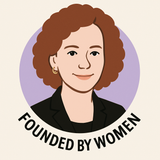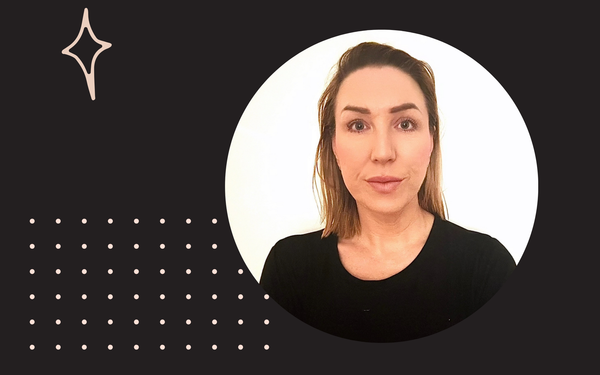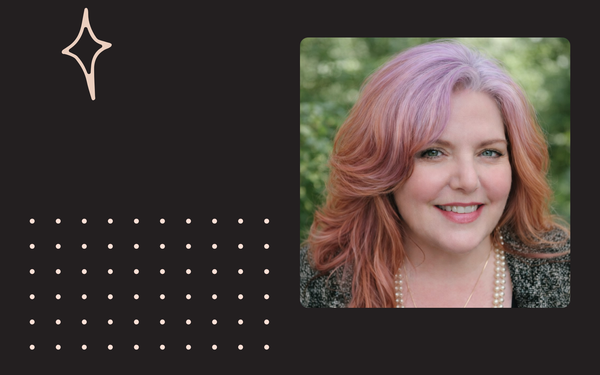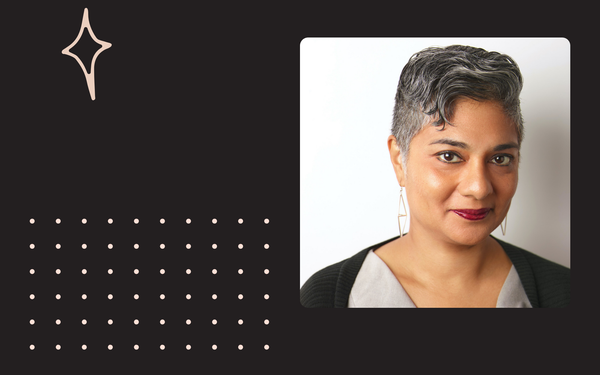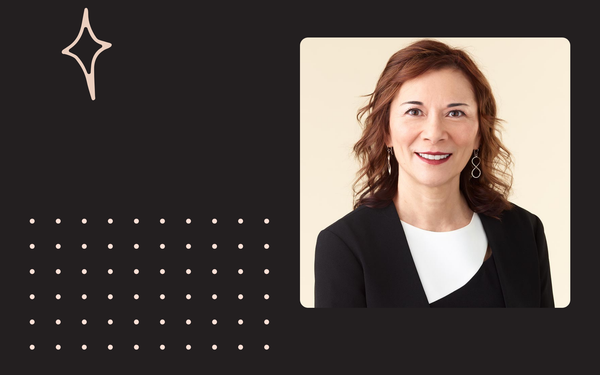From Skepticism to Success: How Philomena Cannon-Brookes Revolutionized Children's Fitness in Singapore
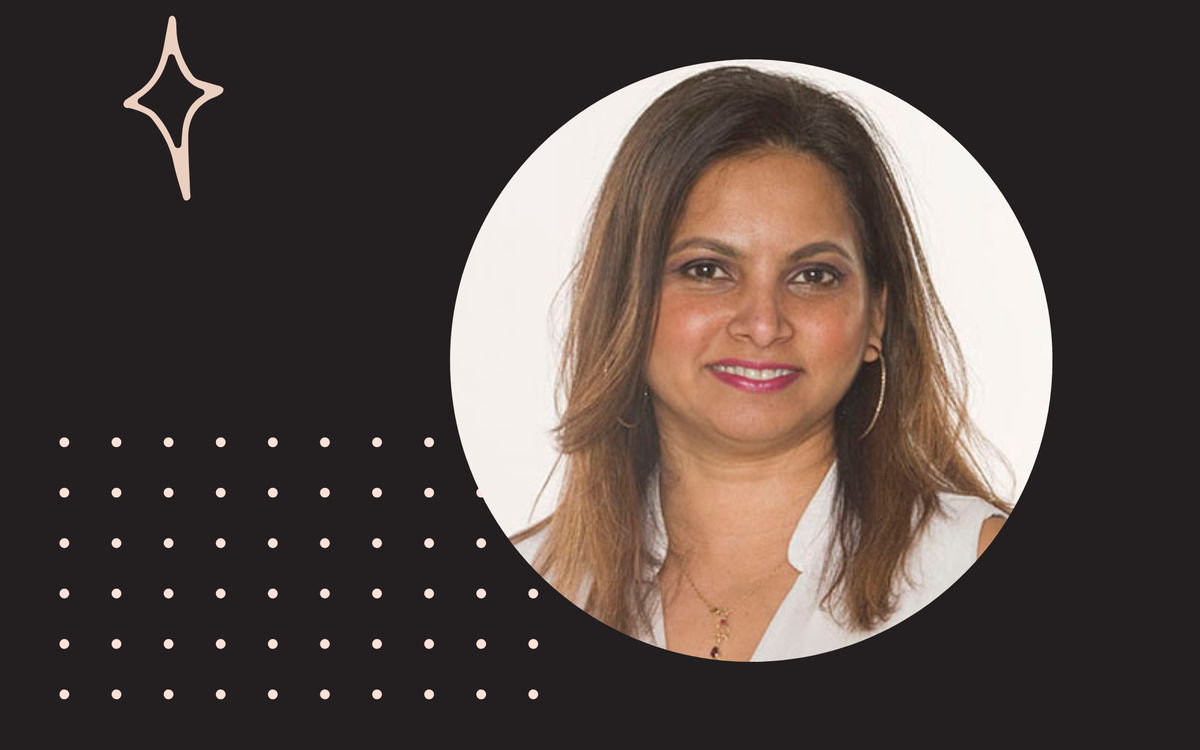
When Philomena Cannon-Brookes launched Power Kids Gym in Singapore in 2004, she was pioneering something entirely new in a market laser-focused on academic achievement. A born-and-bred Singaporean who had started her entrepreneurial journey in Hong Kong at just 23 with a recruitment business, Cannon-Brookes returned to Singapore with a bold vision: to create space for children to simply play, learn, and grow through non-competitive physical activity.
Her motivation was deeply personal—her eldest child was struggling with gross motor skills, and she couldn't find engaging programs that worked for both her children and herself. What she discovered was a gap in the market that reflected a broader cultural challenge: children in Singapore were so focused on academic excellence that they were forgetting about having fun during their childhood.
Twenty years later, Power Kids Gym has not only survived the initial skepticism—including predictions that the business wouldn't last six months—but has thrived as one of the pioneers in the non-competitive children's fitness industry. The company now operates from two locations and has expanded its impact beyond business success to meaningful community contributions, including creating playrooms for the Children's Aid Society and integrating special needs children into mainstream programs.
In this candid Q&A, Philomena reflects on her journey as a female entrepreneur in Singapore's traditionally conservative business landscape, shares insights on turning personal challenges into business opportunities, and discusses how women leaders can build more inclusive businesses while balancing commercial success with social impact. Her story offers valuable lessons for aspiring entrepreneurs, particularly women, who are looking to challenge conventional thinking and create businesses that serve both profit and purpose.
You brought Power Kids Gym to Singapore in 2004 after living abroad and noticing that children here were overly focused on academic excellence at the expense of play. What were the biggest challenges you faced as a woman entrepreneur introducing a completely new concept to the Singapore market, and how did you overcome the skepticism around non-competitive children's fitness?
I have always worked for small companies but then had an opportunity to work in a multinational for 2 years in my younger days. I learnt a bit but realised that the big corporate world was not for me. It was an uphill battle in my journey as an entrepreneur -not only because I was female but I was also a minority. At that time, parents were driven to consider only programs that were focused on achieving academic excellence. I remember some people commenting that our business would not survive after 6 months. But here I am after 20 years. At the end of the day, it was the squeals of laughter from the children and how our trainers engaged with the children that our business grew purely through word of mouth. Our approach has always been to celebrate the diversity of each child and to engage them in a way that resonates with them.
Your decision to start Power Kids Gym was partly inspired by your own child's struggles with gross motor skills and your inability to find engaging programs. How has your experience as a mother shaped your leadership style and business decisions over the past 20 years? What advice would you give to other women who want to turn their personal challenges into business opportunities?
I think, women leaders generally work with a more nurturing style and we do tend to be more empathetic. Empathy does not necessarily equate to weak leadership.
I think we generally tend to find solutions in a more collaborative way. When my kids were much younger, I had to manage both work and home. I just got on with it and I had an amazing support system considering my husband travelled extensively with work. My advice is to ensure that you surround yourself with people who will support you – entrepreneurship is a lonely journey and generally your family members who have never embarked on a challenging journey like this would have a lot of advice but they have never walked the talk. So it is so important for you to surround yourself with other entrepreneurs so you can share your experience and learn from each other.
Power Kids Gym has contributed to the community by creating playrooms for Children's Aid Society and integrating special needs children into mainstream programs. How do you balance commercial success with social impact, and what role do you believe women leaders should play in building more inclusive businesses and communities?
We were one of the first to include neuro divergent children into the mainstream programs. Most of the time, parents were looking for the social interaction for their children and there were not many places that were doing that. I have always been driven to start business that has personal connection to me and to my belief system. Power Kids Gym was born out of my belief that children need to play more and to interact with other children, develop both their interpersonal and intrapersonal skills – the ability to fall and pick themselves up, challenge themselves in a nurturing and fun environment. In my personal opinion, I think women leaders have been doing this without any prompting as I believe it is something that comes naturally to them but I wish they would trust their inner voice. There are a number of ways but I strongly believe the core tenet should be embracing diversity and creating work place policies that support work-life balance and anti-discrimination.
Are you a woman leader with an inspiring journey to tell? Founded by Women is on a mission to elevate and amplify the voices of women making an impact.
If you're breaking barriers, driving change, or paving the way for others, we’d love to feature your story. Get in touch with us today!
👉 hi@foundedbywomen.org
